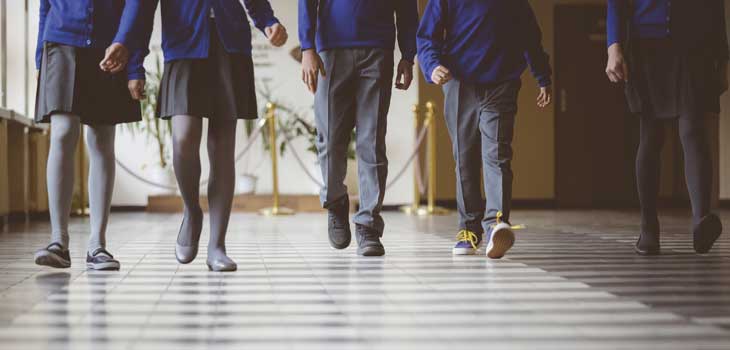
- Outlines changes to the education appeals system made in response to the coronavirus pandemic and in place until 31 January 2021.
While education news stories frequently arise during normal times, they have become even more prevalent during the current pandemic. School closures, the cancellation of GCSE and A-Level exams, online support for home-schooling etc, have all received substantial media coverage during the course of recent weeks. An issue which has received less attention, however, is how the education appeals system is being adapted so that it may continue to operate during these very difficult times. In the discussion which follows, therefore, the key changes to the system will be explained.
Preference
It is a common misconception that parents and carers are able to ‘choose’ the primary and secondary schools which their children attend. The reality is, however, that they are merely able to express a preference as to where their child is educated: see s 86(1)(a)









